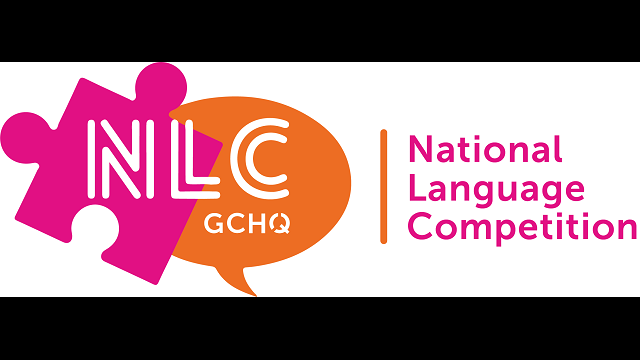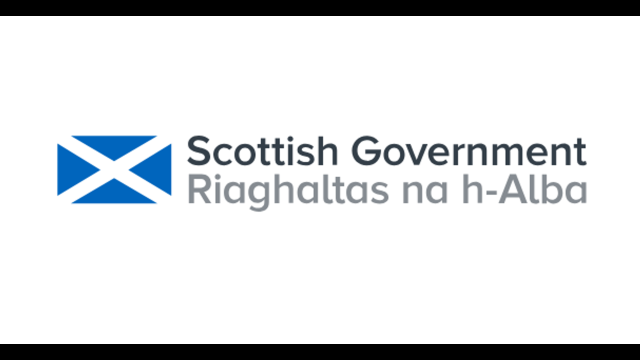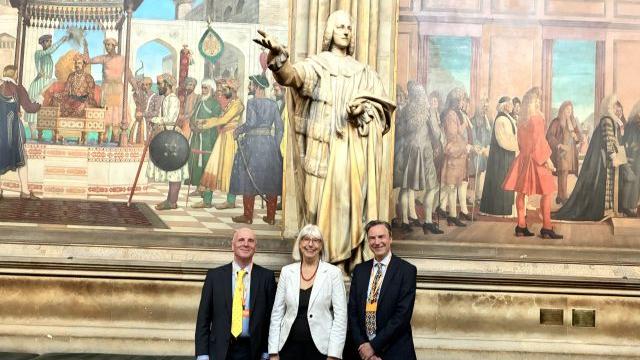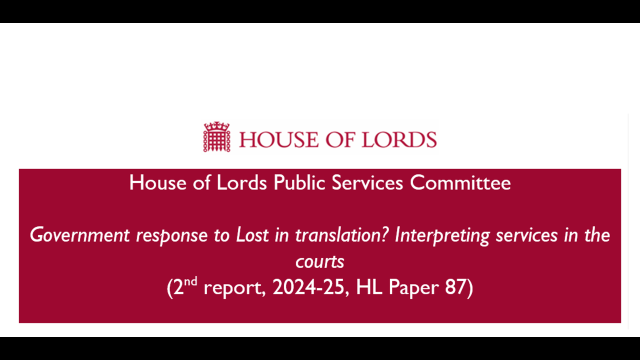-
QUALIFICATIONS
- For Linguists Worldwide
- For UK Public Services
- Preparation
- Policies & Regulation
-
MEMBERSHIP
- Join CIOL
- Professional Membership
- Affiliate Membership
- Chartered Linguist
- Already a member?
- Professional conduct
- Business & Corporate Partners
-
LANGUAGE ASSESSMENTS
- English
- All Other Languages
-
EVENTS & CPD
- Webinars & Events
- CIOL Conferences
- Networks
- CIOL Mentoring
-
NEWS & VOICES
- News & Voices
- CIOL eNews
- CIOL Awards
- The Linguist Magazine
- Jobs & Ads
-
RESOURCES
- For Translators & Interpreters
- For Universities & Students
- Standards & Norms
- CIOL & AI
- All Party Parliamentary Group
- In the UK
- UK Public Services
- Find-a-Linguist
Vasiliki Prestidge discusses AI on the BBC World Service
CIOL Council Member Vasiliki Prestige was interviewed recently on Tech Life with Shiona McCallum on the BBC World Service based on her contribution to CIOL AI Voices 2025.
Shiona McCallum
The Google Pixel 10 features built-in AI that can translate conversations in real time, even mimicking each person's voice, allowing callers who speak different languages to communicate more naturally.
Well, what does a human translator think? I caught up with Vasiliki Prestige, a London-based translator. She's also a university lecturer teaching languages. She's a council member of the Chartered Institute of Linguists, and she sits on the AI committee. I asked her if she viewed AI live language translation technology with suspicion or curiosity.
Vasiliki
I wouldn't say suspicion or curiosity. I think we have to both be more balanced and realistic in our approach as professionals.
There is no suspicion around AI in terms of whether it replaces us or not, because it, in fact, is a useful tool for translators, because it is becoming something that we integrate in our processes, something that makes us very productive. So it has to be approached in both ways.
Shiona
You touched on it there. I mean, looking at live language translation technology specifically, do you worry that it could be a job killer?
Vasiliki
In the context of this new development with a Google Pixel phone, I don't think so, because we need to really think about the context. Let's say the scenario is I want to speak to my grandmother in Spain, and I don't speak Spanish, so the phone does this for me. And that's great, because it enhances the communication between us.
Now, myself as a professional interpreter, nobody would ever call me and give me a job and pay me to enhance communication between a grandchild and a grandmother. That's not the job of a professional interpreter. I'm being called to interpret in a courtroom or at a High Commission, an Embassy, a business meeting or at a law professional's meeting.
So we need to be very mindful of context.
Shiona
Yes, absolutely. And I'm sure that you can see both pros and cons when it comes to AI and translation. I mean, what do you see as the benefits of this technology?
Vasiliki
Exactly. You are spot on. There are benefits and there are advantages and disadvantages.
The benefit of it is enhancing communication where a human is not there at the right time, let's say, or at the right place, and when you need to communicate during a very casual day-to-day scenario. Also, it is making information more available readily to people, and it democratises information. That is a huge benefit and a great use for it.
On the other side, there are the negatives. Because there is no accountability when we engage with a technological solution such as AI translation. If something goes wrong, if there is a severe misinterpretation, who is there to be blamed? That's one very serious issue that individuals need to have in mind.
The other aspect that we need to pay attention to is the security and privacy of data. Now, there are claims that the data is very safe, it doesn't go anywhere, but I really don't believe that to be true. Data has to be hosted somewhere, it is shared, it is recycled, so we need to be asking for transparency around how these Tech giants manage our data.
Then there is the element of technological discrimination, because we really need to bear in mind that these technologies are developed primarily for the purposes of the Western world. So we're giving solutions to a certain group of the planet, and what happens to the rest of the world where we don't have as much linguistic data to build technologies on?
Listen to the full podcast here: BBC Tech Talk. CIOL AI Voices 2025 is available on the CIOL website here: CIOL AI Voices 2025

Vasiliki Prestidge BA MA MCIL CL is a member of CIOL Council, a translator, interpreter, transcreator, blogger, consultant and director of Greek to Me Translations Ltd. Read her full CIOL Council biography here.
Views expressed on CIOL Voices are those of the writer and may not represent those of the wider membership or CIOL.
Filter by category
More
The Chartered Institute of Linguists (CIOL), Incorporated by Royal Charter, Registered in England and Wales Number RC 000808 and the IoL Educational Trust (IoLET), trading as CIOL Qualifications, Company limited by Guarantee, Registered in England and Wales Number 04297497 and Registered Charity Number 1090263. CIOL is a not-for-profit organisation.







